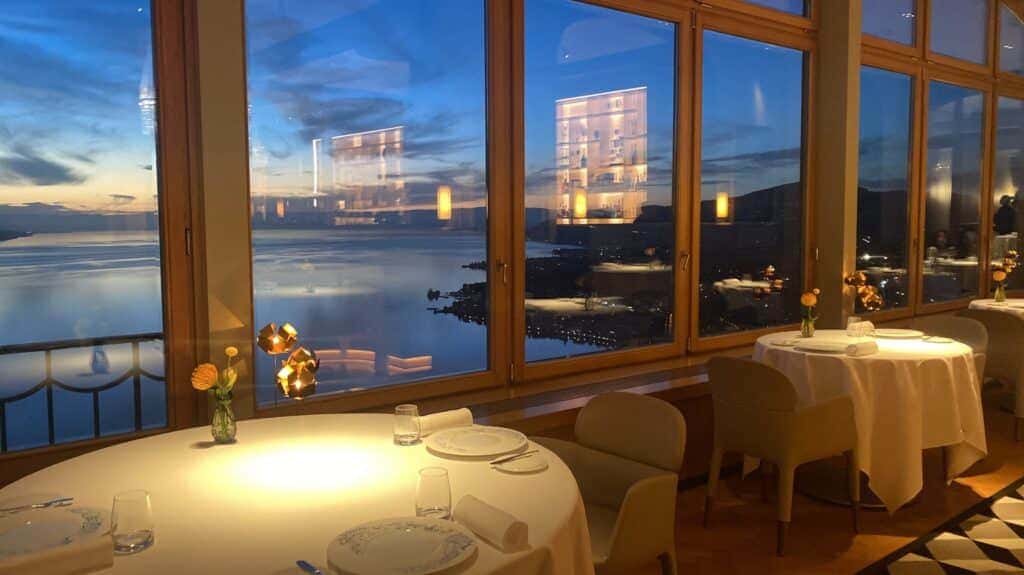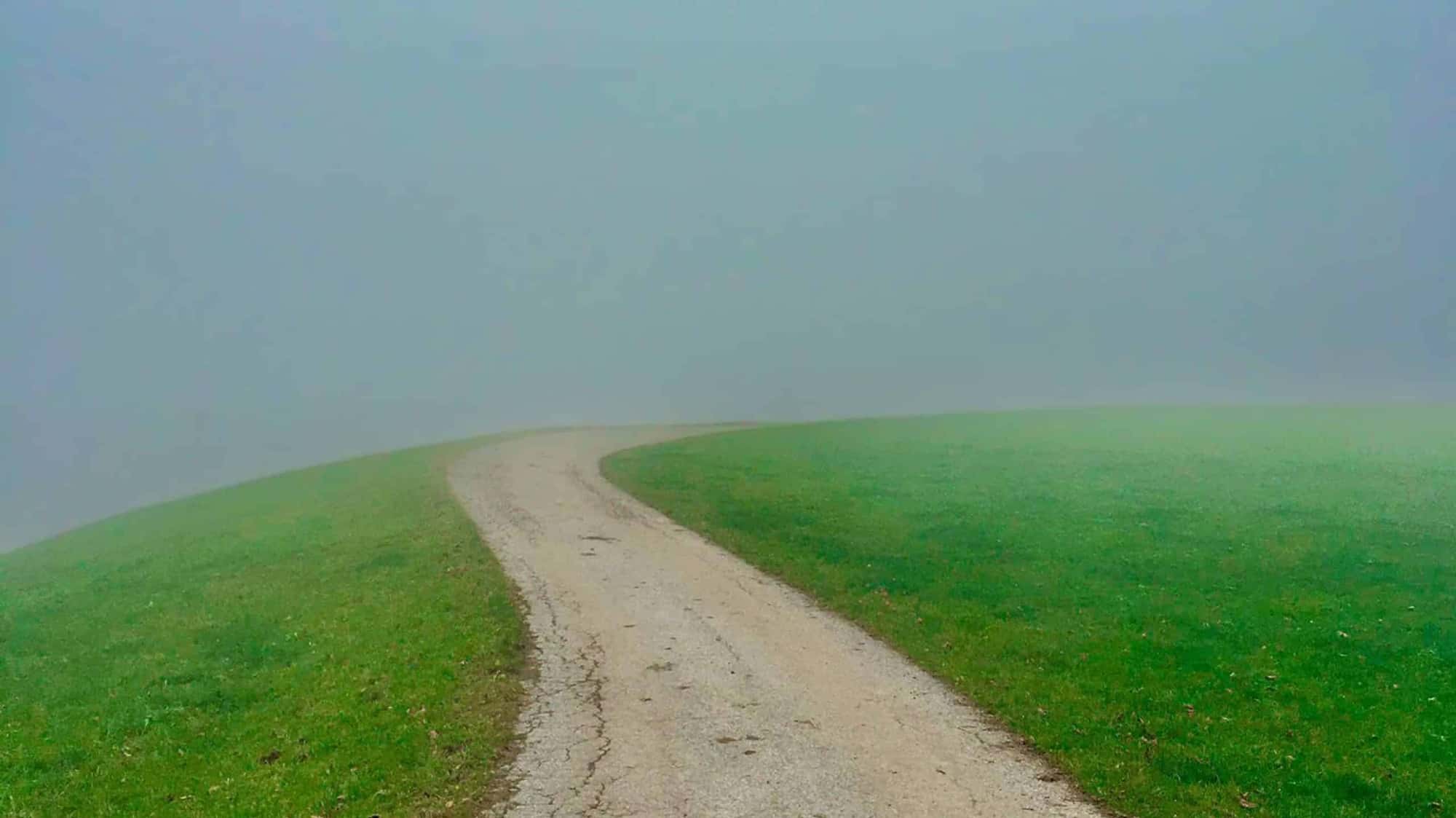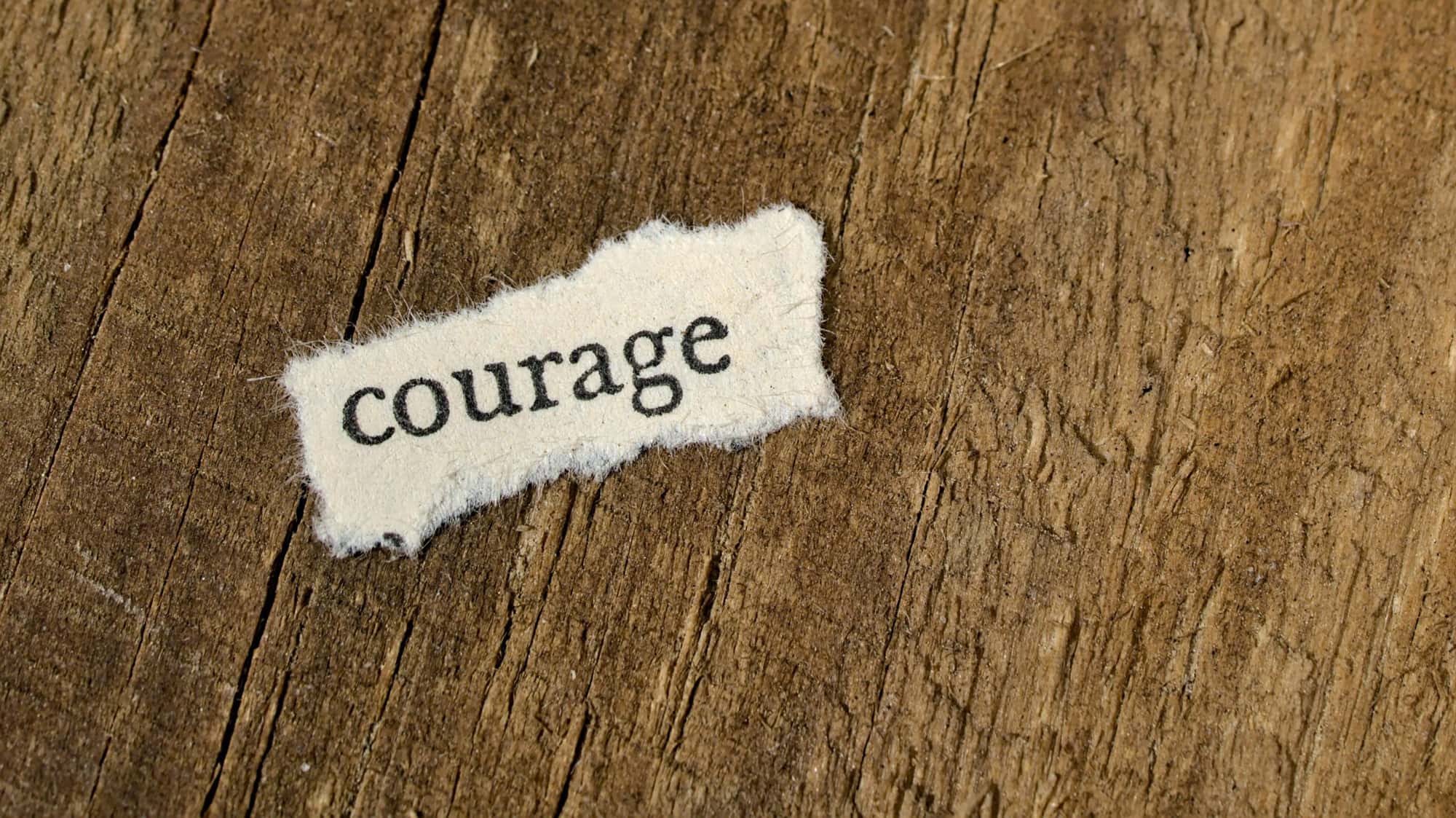Alex Slors
Director, Master’s in Real Estate, Finance and Hotel Development

What are the top trends in hospitality right now? What’s the business outlook for the rest of 2024? And is the hotel industry looking at a bright future? Delivering some answers to these questions – and more – is Alex Slors, an experienced hospitality professional who leads our Master’s in Real Estate, Finance and Hotel Development…
What hotel trends did we see in 2023?
From a business perspective, probably the most important point to note about 2023 is that it saw the lifting of the last major Covid-related restrictions on travel, spurring a release of pent-up demand. We saw this primarily in the leisure market (business travel has been slower to recover), and it was especially noteworthy in the luxury and the budget segments.
Consensus across the industry is that this bounce back spending has now largely run out of steam, although bookings have remained strong in 2024 and accelerating rates have led consultants CBRE to predict record RevPAR (revenue per available room) levels for 2024, well above pre-pandemic levels.
Another hotel industry trend that was already apparent, but was definitely accelerated by Covid, is the rise in so-called ‘bleisure’ stays – i.e. blending business and leisure. The pandemic lockdowns generated an unprecedented surge in remote working, with many firms having maintained a higher degree of flexibility in working practices ever since. To cater for these potential guests looking for a bleisure stay, hotels are offering amenities like ultra-high-speed Wi-Fi, upgraded meeting rooms, and comfortable (co)working spaces.
One of the very few positives that could be drawn from the ‘Covid years’ is that many of us became more conscious of issues around health & wellbeing. From a hospitality perspective, this is translating into a greater integration of the health & wellbeing into
hospitality venues, spurring hotels to invest in amenities such as spa facilities, health diagnostic technology, and bespoke treatment plans focusing on stress management, emotional balance, and better sleep.
ESG (Environmental, Social and Governance) and sustainability are not just trends to look back on in 2023, they are major factors in the industry’s thinking for 2024 and beyond.
The last important trend from 2023 I want to mention is another ongoing one, and that is the movement towards hyper-personalization in the hospitality industry. Hotels are increasingly using big data to create personalized guest experiences, drawing on past browsing or buying habits, as well as known preferences, to create bespoke offers and services.
At a glance: 5 Hotel trends from 2023
★ Leisure market bounce back
★ Rise of bleisure (business and leisure) stays
★ Greater wellness and health integration
★ Growing importance of ESG in hotel management
★ Hyper-personalization
The top 5 hotel industry trends for 2024
If that was last year, what is on the agenda for the hotel industry in 2024? In no particular order, I’ve selected five current trends that hoteliers tend to mention when I talk to them.
1. The experience is becoming everything
In luxury especially, the consumer focus is shifting towards unique experiences as opposed to a physical product. And here authenticity is key: today’s modern travelers want to feel they are part of the community in which they are staying, ideally contributing to it, as well as being at one with the natural world.
The hotels that can best profit from this experiential travel trend are those that offer these deep local experiences, such as excursions with local guides who can share the history of the area and speak with authority about the local flora and fauna. This also translates into the F&B offer, with an emphasis on indigenous chefs creating dishes that make use of locally-sourced ingredients.
We must also remember that in most communities there’s an enormous amount of local pride that hoteliers can tap into. As an example, I’m involved professionally with a relatively large hotel group in Slovenia, a country that is considered somewhat off the beaten track in terms of international tourism but which, for instance, boasts Lake Bled, to my mind one of the most amazingly beautiful places on earth.
There is a particular hotel in the north east of Slovenia that has a resident beekeeper, and the kids are fascinated by this man working with his hood and his bee smoker. Of course, having bees means there’s honey, so at breakfast you have this massive rig from which pure honey drips out, providing a great visual experience as well as an amazing taste sensation.
Case study: the Six Senses
One example of this experiential approach that caught my eye is at the Six Senses resort situated in the Douro Valley in Portugal. There, guests can take part in a workshop to make their own moisturizer. It’s such a simple idea, but it creates a lovely atmosphere and gives the guests an opportunity to learn a skill.
2. Getting serious about sustainability and green initiatives
In Europe especially, there will soon be no hiding place for hoteliers who are not adopting ESG practices. Under the EU’s Corporate Sustainability Reporting Directive (CSRD), companies that are classified as ‘large’ will be required to report on their ESG practices from 2025 onwards, starting with the financial year 2024. This includes subsidiaries of some non-EU entities, and in time the legislation is set to extend to smaller businesses operating in the EU, regardless of where they are headquartered.
As well as these measures, pressure is growing for businesses that are not deemed ESG compliant to pay a higher interest rate on their borrowings. If adopted, this would definitely become a pain point – for a major hotel group it could be the difference between undertaking a property refurbishment or having to postpone it due to lack of funds.
Outside of the regulatory environment, there is growing customer pressure for more eco-friendly practices, and this will only become stronger with the demographic shifts towards Gen Z and Gen Alpha. Even today, research indicates that 39% of consumers are willing to pay more for sustainable experiences. And Gen Z alone holds $140 trillion in spending power, with a stated desire to spend it on sustainable and unique experiences.
The hotel industry is rising to this challenge. There are numerous examples I could pick, but one that interested me is the Ritz-Carlton in Grand Cayman, and its “Ambassadors of the Environment” initiative in partnership with the ocean explorer and environmentalist Jean-Michel Cousteau. This takes guests out into the island’s coral reefs to understand more about this incredible habitat and – crucially – it’s also open to island residents alongside the hotel’s guests. For many local children it’s a first taste of snorkeling and a unique opportunity to learn more about the nature it will become their responsibility to preserve.
3. Let’s get (more) personal
I mentioned hyper-personalization in my review of 2023, and this is a trend that has not just carried strongly into 2024, it is also set to play a crucial role through 2025 and beyond.
For luxury travelers in particular, this notion of personalization has to be something truly touching, not just a superficial exercise. To give a personal example, I’m somebody who likes to have an iron and ironing board in my room when I’m traveling on business. Most hotels these days do not include this amenity; you usually have to ask reception for it. But one hotel I returned to had clearly taken note of a previous request, because when I arrived there was an iron and ironing board already in my room. A small touch, but a nice touch and one that I remember.
Among the hotel operators, Ritz-Carlton is especially good at gathering and using this sort of information on consumer preferences. But often it just comes down to an alert member of staff hearing something and reacting appropriately in the moment. The restaurateur Will Guidara offers an excellent example of this in a TED talk he gave.
The story concerns a very high end restaurant Guidara ran called 11 Madison Park. One particularly busy night he was helping out by clearing tables, and he overhead a group of four ‘foodies’ mentioning that they’d visited all the best restaurants in the city but had never had the chance to try an authentic hot dog from a New York street vendor. Straight away, Guidara went out, bought a hot dog from a nearby vendor, then convinced the chef to divide it into four pieces and serve it as a special additional course to the table, much to the delight of his guests!
What that story underlines above all else is the notion that people will always be central to the hospitality story, playing the crucial role in delivering a great guest experience.
In a hotel, especially at the luxury end of the spectrum, every single touchpoint with the guest has to be perfect, from the luggage porter to the doorman to the reception staff and onward. And this is more true than ever in the age of TripAdvisor and other review platforms, which have made everything so transparent to potential guests.
4. Technology plays a role across multiple levels
From my perspective, the hospitality technology story has two important strands. First is the contribution it can make to a hotel adopting more sustainable practices. From food waste monitoring systems in the kitchens to smart thermostats and lighting controls in public spaces, hotels can save money and enhance their ESG credentials using readily available technologies.
The second strand is the contribution technology can make to the guest experience. Modern travelers have come to expect a degree of technological sophistication, whether it is mobile check-ins, specialized apps to control the in-room experience or virtual reality walk-throughs of the property before they book.
We are also seeing artificial intelligence (AI), including chatbots, becoming integral to customer service and management across all industries, including hospitality.
As Forbes reports, hotels are increasingly using AI to personalize the guest experience, from check-in to check-out. Hilton’s Connie, powered by IBM Watson’s AI, acts as a concierge, assisting guests with information about hotel amenities, dining recommendations, and local attractions.
5. Led by Saudi Arabia, new destinations come to the fore
I’ve already covered the desire for travel experiences – and especially new experiences – which is driving consumer preferences.
The country which is investing most heavily in providing those new experiences is Saudi Arabia. I’ve visited there myself and one cannot help but be impressed with the scope and ambition of the Vision 2030 masterplan, which has tourism and hospitality as a key component. If the government manages to pull off even 50% of the projects they are looking at, it will be an incredible achievement.
What’s interesting is that the Saudi approach is very zeroed in on the luxury segment, while also preserving and accentuating the country’s natural wonders. Just as an example, for the AlUla project they’ve already brought in Banyan Tree and Habitas, two hospitality brands that are at the forefront when it comes to wellness and sustainability. Up to 5,000 hotel rooms are promised for AlUla by 2035, which sounds like a substantial number, but is also the equivalent to just a single hotel – the MGM Grand – in Las Vegas!
At a glance: 5 Hotel trends for 2024
★ Shift towards unique experiences
★ Sustainability is here to stay
★ Growing importance of personalization
★ AI taking on a greater role
★ New destinations taking center stage
What is the future of the hotel industry?
Before looking at specifics, it’s worth touching on the ‘macro’ elements impacting hoteliers, among the foremost of which is the ongoing cost of capital. Investors and developers are still sitting on their hands waiting for global interest rates to fall. When they do, the pent-up demand is going to feed straight into the investment markets and we’ll witness plenty of deals coming through.
What I think we’ll also see in future is the role of the revenue managers and asset managers becoming even more crucial than they are today. Perhaps it’s because I am a ‘numbers guy’, but I recognize the ongoing potential upside from good revenue management.
As one example, I worked on a luxury hotel relaunch in Malta, which went from an average rate of around €200 to one of €550 on the back of bold revenue management strategies – including a decision to broaden the competitive set outside of Malta to incorporate luxury properties in other Mediterranean destinations like Italy, Greece and Croatia.
In a crowded marketplace, with more brands than ever competing for potential guests, differentiation in the market will be important for success. This provides lots of scope for creativity, and also opportunities to tap into the ‘bleisure’ and ‘workcation’ trends. A number of hotel brands are now incorporating kitchenettes into their rooms, turning them into quasi apartments. I recently visited the Ember Locke Kensington, which is a good execution of this format.
Last but not least, can the post-pandemic surge in room rates be maintained? I think at the top end of the market (which is always less price sensitive) they can; but where we may see a squeeze is in the middle, as travelers compromise on the level of hotel, going for a budget option rather than losing the opportunity to take a vacation.
Overall, though, this remains an industry characterized by its resilience, its creativity and its thirst for innovation. Not many industries could bounce back from being totally shut down, as hospitality has done since Covid. Not many industries have made a compelling commercial play on sustainability, as brands like 1 Hotels have done. And not many industries are as laser-focused on customer satisfaction as a raison d’être.
Whatever new trends emerge in the coming years, the fundamentals of the hotel industry remain as robust as ever.
World-class hospitality qualifications
Our bachelor’s degree in hospitality will give you the platform to launch your career in hotel management.










